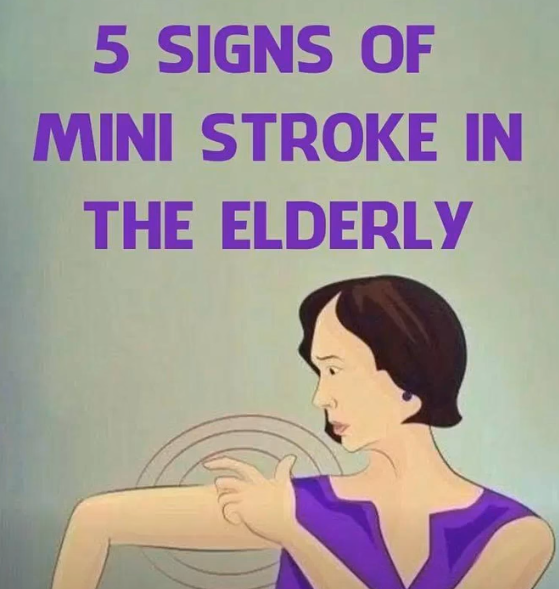As our loved ones age, we often expect small changes — a moment of forgetfulness or a slower step. But sometimes, what seems like a minor lapse may actually be a crucial warning. If an elderly family member suddenly becomes confused, struggles to speak clearly, loses balance, or experiences numbness, these are not just signs of aging — they may be symptoms of a transient ischemic attack (TIA), commonly known as a mini-stroke.
A TIA happens when blood flow to a part of the brain is briefly blocked, usually by a tiny clot or a narrowed artery. The symptoms may last only a few minutes and disappear quickly, which can make them easy to overlook. However, a mini-stroke is often the body’s way of signaling that a more serious stroke could be coming. People with high blood pressure, diabetes, high cholesterol, heart conditions, or a history of smoking face a higher risk.
Immediate medical attention is essential. Doctors may recommend blood thinners, medications to manage blood pressure or cholesterol, and healthier lifestyle habits such as regular physical activity, quitting smoking, and following a balanced diet. Early diagnosis and care can make a powerful difference in protecting long-term brain health and preventing future strokes.
A mini-stroke is never “just a moment.” It is a quiet but urgent message from the body — one that reminds us to act quickly out of love and responsibility. Recognizing the signs and responding right away can help safeguard not only health, but also independence, dignity, and precious time with the people we cherish most.
